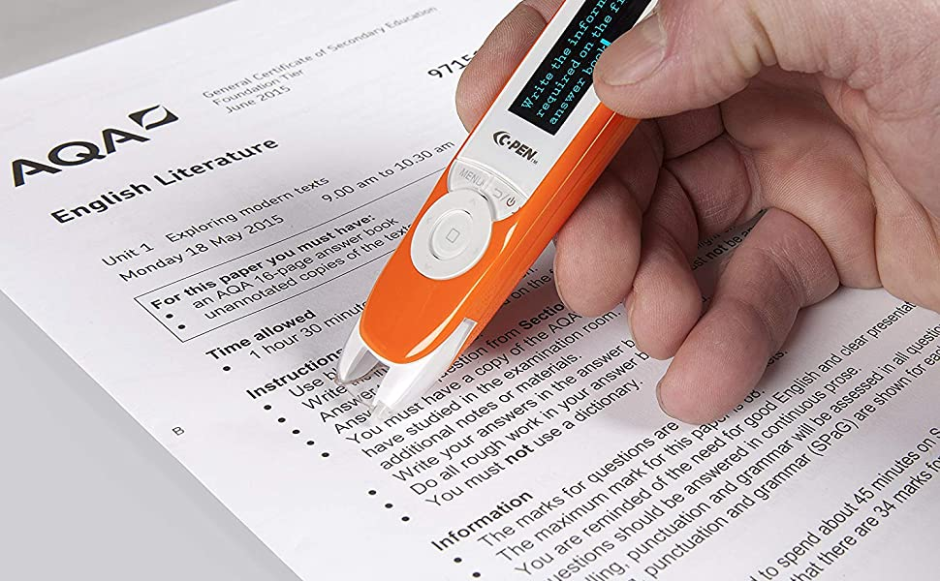Part 2 is more applied, looking at how to support dyslexia in a general education setting, to empower teachers, especially in literacy and math. The second focus was to build awareness of the “emotional impact dyslexia” and offer a deeper understanding of how dyslexia affects “memory, organization, and concentration.”
it is not just literacy, it is Maths as well
As presented by the Made by Dyslexia training:
Literacy – in summary, is complex. There is a heavy emphasis on phonics and decoding. Spelling is another area of challenge.
Maths – learners with dyslexia tend to be “big picture thinkers who benefit from tackling real-world problems and exploring larger maths concepts,” reports Josh Clark. I would caution you to take that recommendation with a pinch of salt. In fact take all these recommendations hereafter with a pinch of salt.
Allowing students with dyslexia to explain and talk through their logic can help solidify, and if needed, correct their logic. Using manipulatives, tactile, and visual tools to represent different concepts can be helpful for a student with dyslexia. Remember – sequencing is challenging.
Dyslexic learners working memory makes it tricky to learn times tables or maths facts. But their imaginations help them see maths problems differently, laterally, creatively.
Emotional – identifying dyslexia helps preserve a child’s self-esteem and directs your efforts towards your strengths. Have positive role models that can speak openly and honestly about their own experiences with having dyslexia.
Understanding that you have dyslexia can helps massively in terms of how a child and a parent can then respond to the nature of the difficulty.
Made by Dyslexia
There are messages here for the learners, teachers, school leaders and parents. Of course, there is a fair statistical stance that one of the parents will be able to relate.
…you are not alone, they’re not the only person that has struggled in school, that has had to overcome these challenges of reading and spelling.
Made by Dyslexia
Memory, organisation, and concentration are sometimes lost when on the ‘scenic route,’ in particular with verbal memory. Be weary of transitory information. Do not overlook the beauty of “taking the scenic route.” Speed of thinking does not directly correlate with intelligence.
There is an advocacy for getting the information out of the dyslexic brain before organising. That seems to make common sense. Of course, a concept map can also act as a record of learning.
Assistive Technology
There are a lot of assistive technology recommendations and these seem sensible and may well be worth exploring.
Text to speech. Speech to text. Line spacing. Line focusing.
…if we give a dyslexic a text and ask them to read it independently, they might have a difficult time, but if they can then hear that same text it’s unbelievable what they can understand, what they can comprehend and the connections that they can make.
Made by Dyslexia
Not discussed – digital scanning pens.



